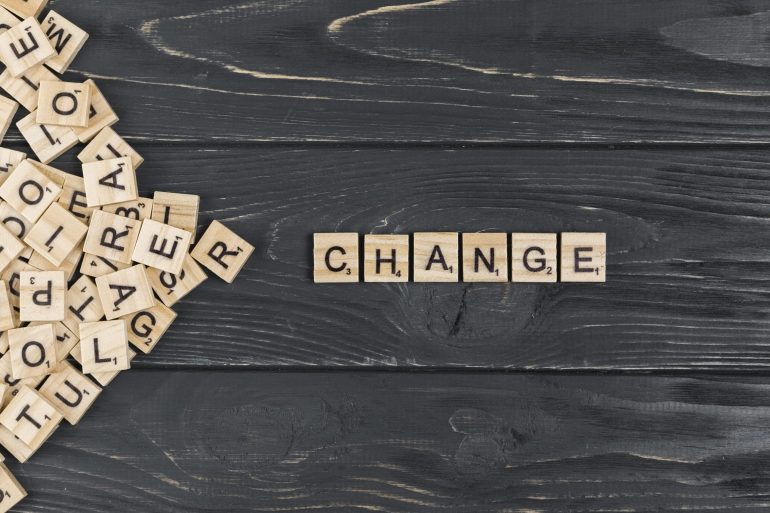
BENEFITS OF BEHAVIOR CHANGE
5 EASY STEPS TO CHANGE YOUR BAD HABITS
3-minute reading time
Have you always wondered why is changing a bad habit so difficult to achieve? Did you always give up the decision to change the bad habit after some time?
There has been strong evidence that to be successful to change a bad habit and maintaining it there is a need to make a commitment to change and then replace the old habits with new one.
So how do you change?
A model of behavioral change that focuses on the individual’s decision making and using intervention strategies to encourage the changes has been remarkably successful in helping many to kick their old habits. It states that an individual must progress through a sequence of five stages as he/she makes a successful change in behavior.
We have plan a series of articles that will bring you through the various stages and the intervention strategies at each stage to help you change the bad habits. Let us walk you through these 5 stages.
So, let us start by giving you an overall view of the 5 stages of behavior change.
Pre-contemplation: This is the first stage and in this stage, people are not having serious thoughts or intentions to make a change. They tend to justify their current bad habit(s) as they do not see it as a problem. This group of people do not discuss their habit with others and are not open to receiving information about their habit. This phase is commonly known as the “denial” phase.
Are you in the pre-contemplation stage? Do you have a loved one who could be in the pre-contemplation stage? Are they in denial?
Contemplation: In the contemplation stage, people are more aware of the existing problem and personal consequences of their bad habit. At this stage, they spend time thinking about the problem and considers possibility to change. Despite considering about making a change, they may be uncertain about it.
Do you know how long could one be in a contemplation stage?
It might take as little as a couple of weeks to almost a lifetime to get through the contemplation stage.
Preparation: As people progresses through these stages, they would start developing commitment to make a change. Their motivation for change are commonly mirrored by statements such as: “I have to do something about this”. “What can I do to change this?”
This phase is also known as the research phase where individuals would gather information (i.e. reading, having open discussions) or develop action plans about what they would need to do to change their behavior.
Action: In this stage, people believe that they have the ability to change their behavior and they take visible actions to make a change. This stage is solely subjected to the individuals own willpower. Short-term rewards are used as motivation. People in this stage are more open to having discussions and open to receiving help others.
Have you been trying to change your behavior? Are you actively modifying your habits and environment? If you have answered yes to these questions, then hopefully you can then move to:
Maintenance: Have you been making changes consistently for the past 6 months? Are you planning to head towards a goal of 5 years without any relapse? If you have answered yes to these questions, well then you have successfully moved on to the maintenance stage! This stage involves being able to successfully avoid any urge to return to the old habit. People in this stage often remind themselves of their progress and remain aware of the goal that they are striving for. They are patient with themselves and recognize that it takes a while to let go of old habit patterns and to practice new ones.
In your personal life as in the HR space, changing behavior of your colleagues and yourself that will bring about positive changes to the organization is highly desirable!
By knowing this framework, you can help yourself and your follow colleagues to go through the process of making the decision to change and taking the action to that will make it happen.
Continue to fellow us to learn those intervention strategies in the next article!
By Darnisha & Lisa


